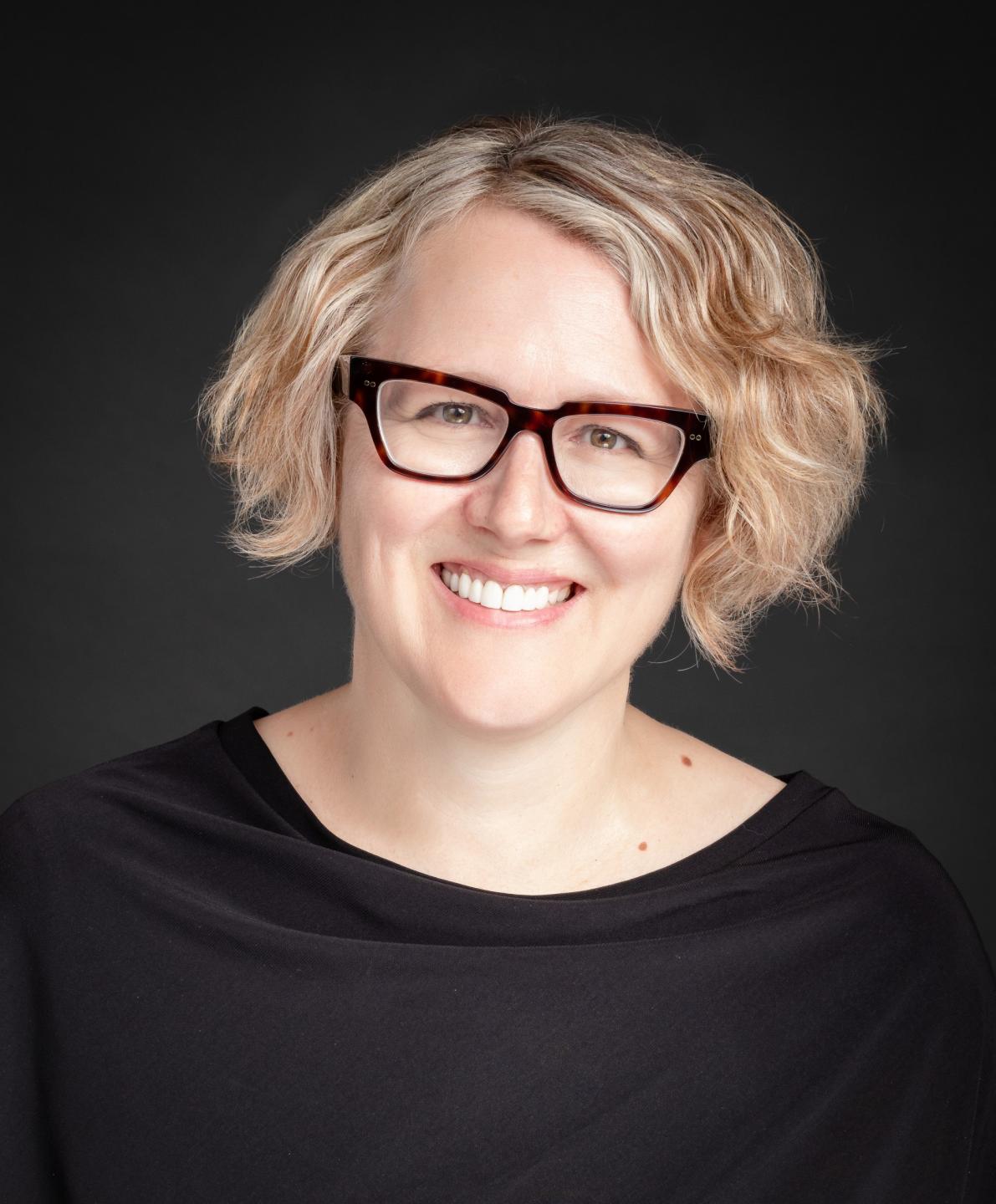
What does your research focus on?
I research human migration, asking questions about why, how and where people move when displaced from home. My work focuses on the search for political asylum, examining how people contend with changing public policies and border issues. Many people in search of safe haven take to the sea, so boats, islands, and oceanic spaces feature in my writing, along with border crossings, detention centres, and the collective havens that people create even when they can’t secure legal forms of refuge like asylum or legal status.
I also get really excited about migration-related data, especially information about people that might have been intentionally hidden from view. As I move my research program to UTSC, I am rebuilding my lab, Haven, which is about preserving migration-related data and providing access and tools for analysis to researchers and others.
How (or why) did you become interested in that line of research?
The desire to belong, to find safe haven, to create refuge, to understand barriers to inclusion — these are fundamental issues that all humans struggle with, albeit in vastly different ways. These desires connect us across borders: the desire to be safe, to belong, to feel included. My interest comes from growing up in a small, economically-depressed city that was always being reshaped and reinvigorated by the arrival of newcomers, and over time, by my own search for home and belonging as a newcomer to Canada.
What’s the most interesting aspect about your research that most people won’t know about?
Lately I’ve been exploring the relationship between film and oral history, using film as a medium for people to tell their own incredible stories. I recently made a film called "Safe Haven" with Tucson-based filmmaker Lisa Molomot. I loved the challenge of shifting from written to visual storytelling. I’m a writer, and I loved learning how people can hold stories in visually intimate ways that are affectively so different from reading words on the page.
"Safe Haven" explores a topic that most people don’t know: that there are US citizens who become refugee claimants in other countries, that there is a whole cohort of US military personnel who became war resisters and then refugee claimants in Canada, only to be denied status, with some among them deported and imprisoned back in the US.
What are you looking forward to most about joining U of T Scarborough?
I’m most excited to get to know my new colleagues and communities, and the many connections between them. UTSC is a vibrant, growing campus full of faculty and student researchers doing exciting work. I’m here to learn, to collaborate, to support, and contribute to this collective work. This is an important place for me to continue research on migration, displacement, and refuge.
What are you reading/watching right now?
I’m reading a book called "Landscapes", a haunting debut novel by Christine Lai. It’s a beautiful, creative text about decay, loss, art, and archiving – something I’ve been thinking and writing about in my own research of late, particularly as I work to archive migration data at Haven to share with local, regional, and global communities.